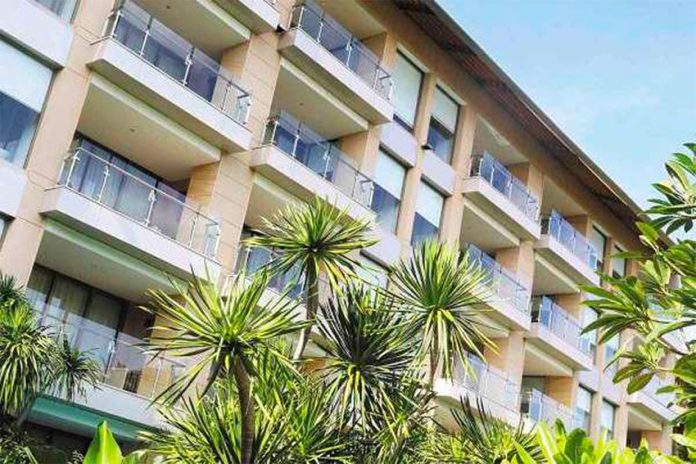Online accommodations platforms showed an increase in revenues of 48% in 2018, while the established hotel industry shrank at least 0.2%.
The data from a study by Anáhuac University and the National Association of Hotel Chains (ANCH) revealed that the online booking platforms took in 20 billion pesos (US $1.02 billion) in 2018.
The director of Anáhuac University’s School of Tourism, Francisco Madrid, said that figure was up substantially from 2017, when the industry posted revenues of 13.5 billion pesos.
Madrid stated that lost tax revenue on that income totaled 6.2 billion pesos last year.
“The fiscal impact . . . is an estimation of the federal and accommodations taxes with an average of 3%, because in some areas it’s more and in some it’s less,” said Madrid. “It can surely be more in the future, according to the growth trends we’re seeing.”
Earlier this year, the hotel industry urged the government to regulate online accommodations platforms. However, Airbnb and other apps currently pay taxes in only eight cities and states across the country, among them Mexico City, Quintana Roo, Sinaloa and Yucatán.
The other platforms active in Mexico are Booking, HomeAway, Kid and Co, Wimdu, FlipKey, Homestay and HouseTrip.
Madrid stated that the regulation of these platforms is not meant as a threat to them, but to create fair competition in the accommodations sector.
“A few years ago, we saw a similar situation with timeshares, which were seen as competitors [to hotels], but we were able to create regulation that leveled the playing field, which is what is appropriate.”
Study co-author Varenka González said there are a number of ways that the platforms avoid paying taxes, from hosts not paying the value-added tax (IVA) to companies that are established outside Mexico.
She recommended that they be defined and recognized in tax legislation in order to assure they pay their share of taxes.
Last year saw a 45% increase in the number of units available through the booking platforms, while hotel unit numbers rose only 3%.
The biggest of the platforms, Airbnb, had just over 47,000 units registered last year, but by December that figure had risen to over 69,000.
Sources: Milenio (sp), El Economista (sp)
